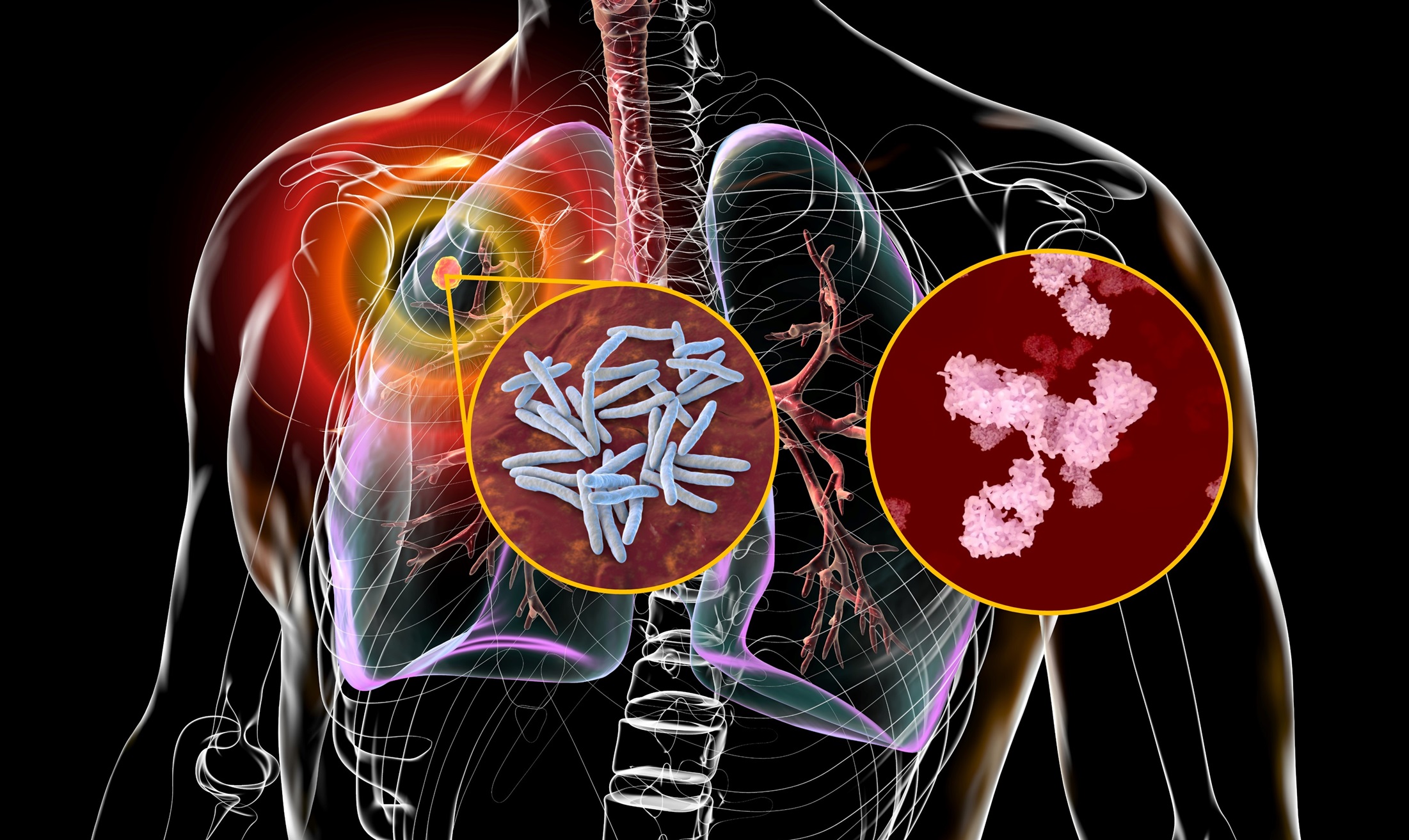Exploring the Evolution of Learning Fuelled by Mobile Technology – Dr Julia Bello Bravo, Purdue University
Original Article Reference
This SciPod is a summary of the paper ‘Breaking out: the turning point in learning using mobile technology’, from Heliyon. doi.org/10.1016/j.heliyon.2021.e06595
About this episode
Research investigating the adoption of new technologies can help to unveil global trends in learning and education. Researchers at Michigan State University, University of Illinois Urbana Champaign, Texas State University and Purdue University have recently carried out a study investigating the use of devices by people in different parts of the world and with various literacy levels to access YouTube videos between 2013 and 2018. Their analyses identified key historical moments when the use of smartphones for online learning surpassed that of other information and communication technologies.
This work is licensed under a Creative Commons Attribution 4.0 International License. 
What does this mean?
Share: You can copy and redistribute the material in any medium or format
Adapt: You can change, and build upon the material for any purpose, even commercially.
Credit: You must give appropriate credit, provide a link to the license, and indicate if changes were made.
More episodes
Professor Lobelia Samavati | Paving the Way for Antibody-based Diagnostics for Tuberculosis and Sarcoidosis
Tuberculosis – or TB – is a global health threat, with 10 million new cases annually. Diagnosing TB can be a challenge, as there is a lack of rapid, point-of-care diagnostic tests. It can also be difficult to distinguish between TB and other inflammatory diseases, such as Sarcoidosis. One option may be to identify antibodies in patient samples that can reveal the presence of TB. However, current antibody tests for TB lack accuracy. Professor Lobelia Samavati and colleagues at the Wanye State University School of Medicine in Michigan are tackling this challenge to cast light on the immune signature of these diseases. Their aim is to develop new diagnostic techniques for TB and Sarcoidosis.
Dr Elif Miskioğlu | Assessing the Value of Intuition for Solving Complex Engineering Problems
Experienced engineers are typically equipped with advanced technical knowledge and a unique professional skillset. These skillskets are often paried with impressive intuition, which allows engineers to devise solutions to complex real-world problems. Engineering faculty at Bucknell University, Embry-Riddle Aeronautical University, and The Ohio State University recently engaged in important research to further our understanding of intuition in engineering practice.
Dr Abayomi Sanusi | Can Faith Institutions Encourage People to Maintain Healthy Blood Pressure?
High blood pressure, also known as hypertension, is a common and potentially dangerous condition that increases the risk of many severe medical issues, including heart disease, heart attack, stroke, heart failure, and kidney disease. Dr Abayomi Sanusi, a researcher at the University of York, recently carried out a study exploring how faith-based institutions could encourage their community members to adopt healthy behaviours that can reduce hypertension.
Dr James Fenton | Why We Should Question Reforestation in the Scottish Highlands
The Scottish Highlands are known as an area of great natural beauty. One notable aspect of the area’s ecology is the relative lack of trees and woodland. In recent years, there have been concerted efforts to introduce more trees. However, Dr James Fenton argues that this fundamentally misunderstands Scotland’s environmental history, imposes southern ideas on the northern landscape, and risks undermining the unique ecology of the Highlands.
Increase the impact of your research
• Good science communication helps people make informed decisions and motivates them to take appropriate and affirmative action.
• Good science communication encourages everyday people to be scientifically literate so that they can analyse the integrity and legitimacy of information.
• Good science communication encourages people into STEM-related fields of study and employment.
• Good public science communication fosters a community around research that includes both members of the public, policymakers and scientists.
• In a recent survey, 75% of people suggested they would prefer to listen to an interesting story than read it.

Step 1 Upload your science paper
Step 2 SciPod script written
Step 3 Voice audio recorded
Step 4 SciPod published




